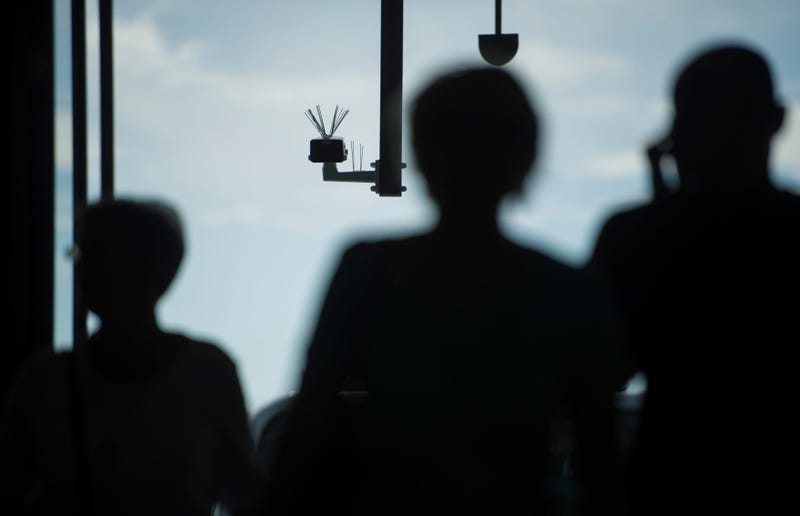
Supporters of the ban applauded the move, pointing out that the technology has severe limitations.
Brian Hofer, chairman of the City of Oakland Privacy Advisory Commission, told KCBS Radio the software is prone to mistakes.
"We know that facial recognition technology already has a really significant error rate," he said. "It disproportionately misidentifies women and people of color."
Then there are the privacy concerns, he said.
"I shouldn't have to submit to constant surveillance just by walking outside my front door," Hofer said.
Some local police agencies are already starting to use facial recognition technology. The San Mateo Sheriff's Office scans its mugshot database with the software.
But Axon, one of the biggest makers of police body cameras, has decided against using the controversial tool on their devices.
According to Mike Wagers, the vice president of Axon, the impact of the technology on disaffected communities outweighs its potential usefulness.
"When you sort of go through all of that, looking at what are the benefits of facial recognition, being able to recognize people who may be wanted for a crime, the concerns are greater than the benefits," he explained.
Oakland joins San Francisco and Somerville, Massachusetts as the third U.S. city to pass such a ban.
The city of Berkeley is considering outlawing the technology.

